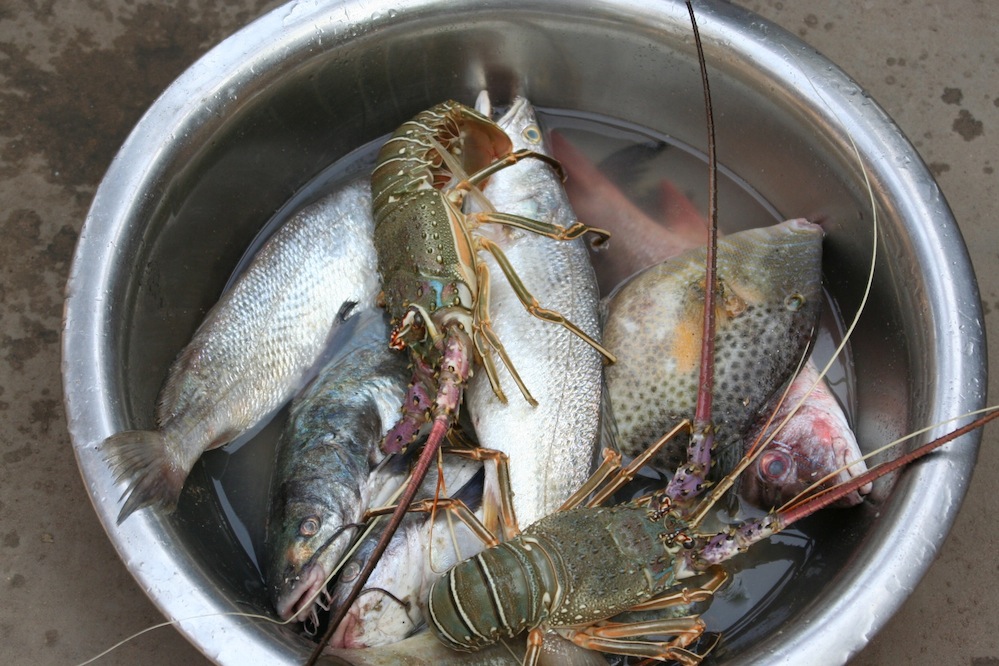Gambiaj.com – (BANJUL, The Gambia) – The Gambia has been hit with seafood import restrictions by the United States after its fisheries failed to secure approval under new rules aimed at protecting marine mammals.
The National Oceanic and Atmospheric Administration (NOAA) Fisheries announced on August 29 that beginning January 1, 2026, fish and fish products from nations without a comparability finding will be barred from entering U.S. markets.
The Gambia is among 12 countries—including Benin, Guinea, Namibia, Togo, and Venezuela—whose fisheries were denied approval across the board.
According to NOAA Fisheries, the restrictions are part of efforts to enforce the U.S. Marine Mammal Protection Act, which requires foreign nations to adopt standards comparable to those governing American fisheries.
To qualify, countries must prohibit the intentional killing of marine mammals during fishing or provide certification that seafood exports are not linked to such practices.
The development poses a potential blow to Gambian fisheries, a sector already struggling with sustainability concerns, limited monitoring capacity, and rising reports of illegal, unreported, and unregulated (IUU) fishing.
While The Gambia is not a major seafood exporter to the U.S., the ban highlights weaknesses in fisheries governance that could affect access to other lucrative international markets.
The Gambia’s government has made changes in recent years to allow Gambians to participate more in offshore fishing. However, the country’s fish stocks are still being depleted by foreign-owned vessels because of legal loopholes.
Chinese trawlers are specifically blamed for illicit and undocumented fishing methods that jeopardize the conservation of marine mammals and other marine resources.
Experts note that small-scale fishermen, who dominate The Gambia’s fishing industry, may feel indirect consequences if the country does not address regulatory gaps. International buyers increasingly demand proof of sustainable practices, and failure to comply could shrink export opportunities, reduce foreign exchange earnings, and weaken livelihoods along the coast.
NOAA Fisheries said countries denied approval can reapply after January 1, 2026, by submitting updated information and demonstrating stronger protections for marine mammals. Fisheries granted approval must also reapply every four years to maintain access to the U.S. market.
As The Gambia weighs its next steps, the government faces pressure to strengthen monitoring, enforcement, and certification mechanisms in the sector. With fisheries employing thousands of Gambians and supplying a large share of local protein needs, analysts warn that failure to meet international standards could have far-reaching economic and social consequences.










